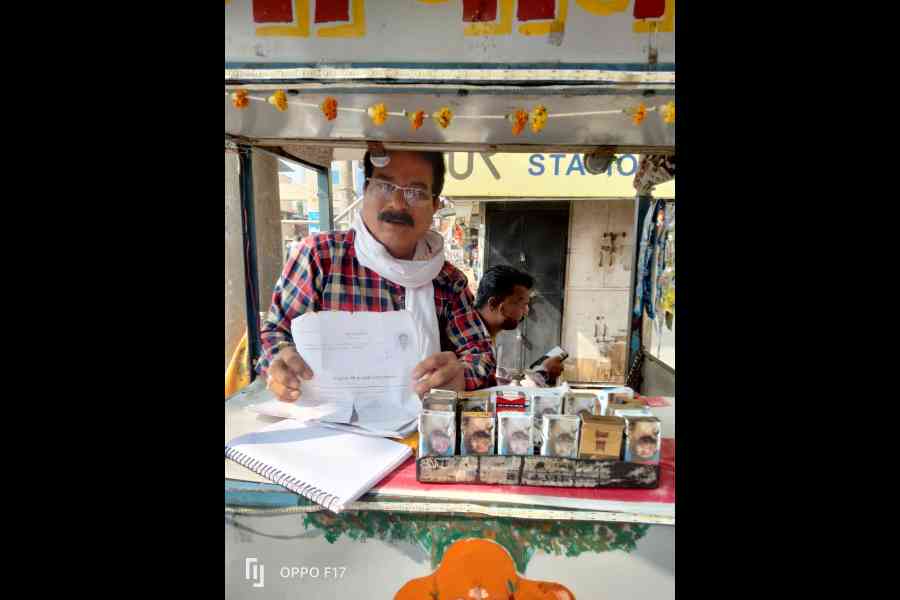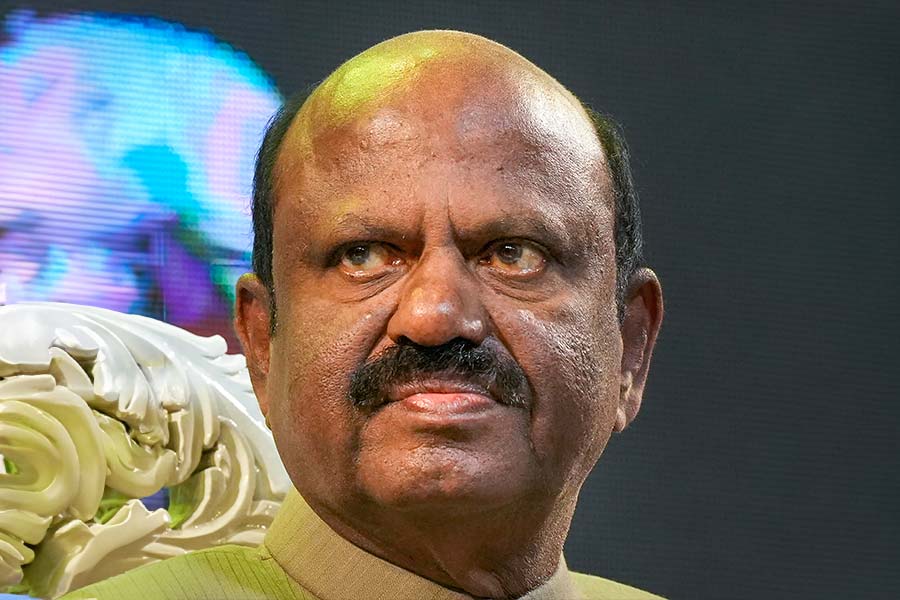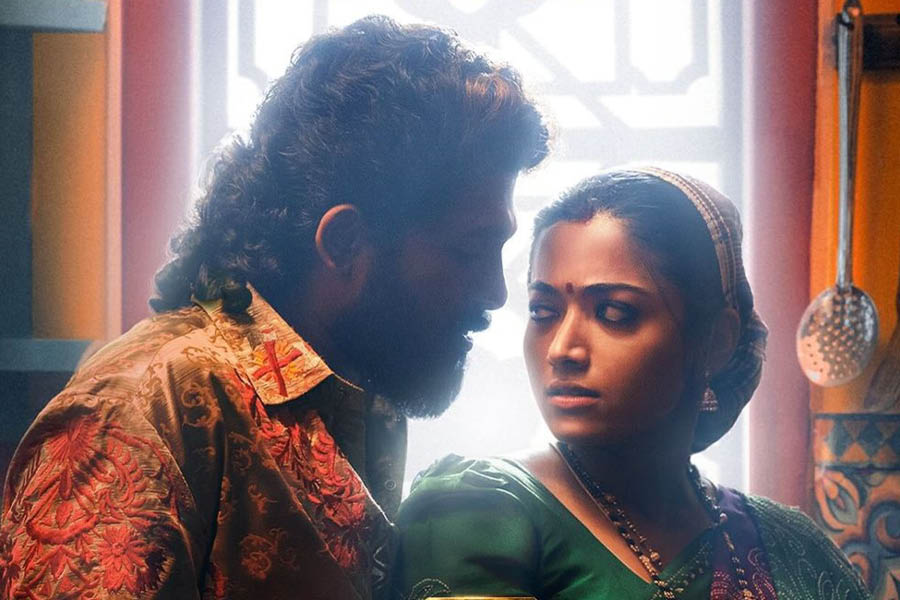In the lead-up to the Maharashtra Assembly elections, the long-standing demand for statehood for Vidarbha appears to have lost its urgency.
Once a defining issue for the region, it is now conspicuously absent from the political discourse, with neither major political parties nor the public making it a significant talking point.
Roadside tea vendor Ramakrishna Badame, 65, of Bhandara, 40-year-old Ola driver Nishant Tembhare of Nagpur and roadside vendor Siddhant Mhaiskar, 25, of Chandrapur district — all seem to have moved on from the statehood debate.
“I’ve been hearing the Vidarbha statehood demand since my childhood,” Badame said, adding: “But over time, the slogan has weakened and now it’s hardly discussed. People have forgotten about it, perhaps because it’s no longer relevant.”
But he was quick to add that the condition of the people has not improved at all.
“You take my example. I have been running this shop for the past 30 years. I earn ₹300 (a day) and I spend it all. The city has remained the same in the last 50 years,” he said.
Tembhare said that of late he, too, has not come across the statehood demand while Mhaiskar felt that had the region been given statehood, it would have ushered in development.
“People are running after the mainstream parties. Nobody has time and energy for real issues,” Mhaiskar said.
In Nagpur city, Shridhar Bhauraoji Sonone, 62, has been running a beetle shop for the last 40 years. Recently, he sent his only daughter to Vadodara for a job with the Gujarat Urja Vikas Nigam Limited.
“She was with a private company here that paid her a monthly salary of ₹9,500. She was offered better pay at the Gujarat company. I allowed her to join there. Had Vidarbha been a state, the region would have got several factories and jobs,” he said.
Srinivas Khandewale, a retired professor of economics at Nagpur University, said the leaders of the Vidarbha region were weak in their respective mainstream parties.
He said that before 2014, the year the BJP came to power at the Centre, party leaders Devendra Fadnavis and Nitin Gadkari had supported the statehood demand.
Fadnavis had even participated in agitations. After becoming chief minister and then deputy chief minister, he has refrained from raising the issue. Gadkari, too, has preferred to remain silent.
“Leaders of the mainstream parties do not want to engage on this issue. Vidarbha leaders are following their footsteps,” said Khandewale.
He added that statehood is a relevant issue for the region’s development. The Nagpur Agreement of 1953 signed between Congress leaders of western Maharashtra and Vidarbha promised “equitable development” for the region. But the assurances was never fulfilled.
“Cotton is produced in bulk in Vidarbha but most of the spinning mills are in western Maharashtra. Electricity is produced in Vidarbha but the entire state is getting benefits. About 70 per cent of the mineral resources of the state and 60 per cent of the forest resources are in Vidarbha but the region is poorer than western Maharashtra, Marathwada and Konkan,” Khandewale said.
Maharashtra votes today









